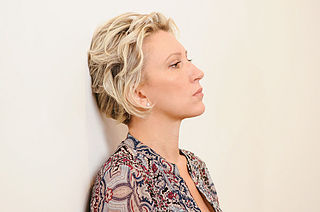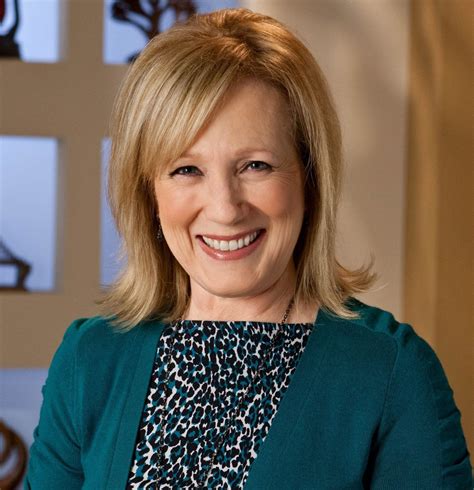Top 1200 Grief Comfort Quotes & Sayings
Explore popular Grief Comfort quotes.
Last updated on April 19, 2025.
Grief causes you to leave yourself. You step outside your narrow little pelt. And you can’t feel grief unless you’ve had love before it - grief is the final outcome of love, because it’s love lost. […] It’s the cycle of love completed: to love, to lose, to feel grief, to leave, and then to love again. Grief is the awareness that you will have to be alone, and there is nothing beyond that because being alone is the ultimate final destiny of each individual living creature. That’s what death is, the great loneliness.
The heart bow'd down by weight of woe, To weakest hope will cling, To thought and impulse while they flow, That can no comfort bring, That can, that can no comfort bring, With those exciting scenes will blend, O'er pleasure's pathway thrown; But mem'ry is the only friend That grief can call its own.
Grief is accepting the reality of what is. That is grief's job and purpose-to allow us to come to terms with the way things really are, so that we can move on. Grief is a gift of God. Without it, we would all be condemned to a life of continually denying reality, arguing or protesting against reality, and never growing from the realities we experience.
Grief is neither a disorder nor a healing process; it is a sign of health itself, a whole and natural gesture of love. Nor must we see grief as a step toward something better. No matter how much it hurts-and it may be the greatest pain in life-grief can be an end in itself, a pure expression of love.
The heart that loves must one day grieve. Love and grief are the Goddess's twined gifts. Let the pain in, let it open your heart to compassion. Let me help you bear your grief and then may your heart ease and open to greater love. May the love that flows eternally through the universe embrace and comfort you. p.85
Sometimes grief is a comfort we grant ourselves because it's less terrifying than trying for joy. Nobody wants to admit it. We'd all declare we want to be happy, if we could. So why, then, is pain the one thing we most often hold on to? Why are slights and griefs the memories on which we choose to dwell? Is it because joy doesn't last but grief does?
In the condition of men, it frequently happens that grief and anxiety lie hid under the golden robes of prosperity; and the gloom of calamity is cheered by secret radiations of hope and comfort; as in the works of nature, the bog is sometimes covered with flowers, and the mine concealed in the barren crags.
All those years I fell for the great palace lie that grief should be gotten over as quickly as possible and as privately. But, what I've discovered is that the lifelong fear of grief keeps us in a barren, isolated place, and that only grieving can heal grief. The passage of time will lessen the acuteness, but time alone, without the direct experience of grief, will not heal it.
The interesting thing about grief, I think, is that it is its own size. It is not the size of you. It is its own size. And grief comes to you. You know what I mean? I’ve always liked that phrase “He was visited by grief,” because that’s really what it is. Grief is its own thing. It’s not like it’s in me and I’m going to deal with it. It’s a thing, and you have to be okay with its presence. If you try to ignore it, it will be like a wolf at your door.
One of the difficulties with grief research is that it risks making certain kinds of grief seem normal and others abnormal - and of course having a sense of the contours of grief is, I think, truly useful, one has to remember it's not a science, it's an individual reckoning, which science is just trying to help us describe.
I think what I was unconsciously expressing in 'Black Rainbow' was a very abstract and metaphorical grief, in the way I had suppressed my grief about my mother dying. In retrospect I realise I started writing 'Mandy' as a sort of antidote to that, to sort of express those emotions, to purge that grief.
Music isn't just a pleasure, a transient satisfaction. It's a need, a deep hunger; and when the music is right, it's joy. Love. A foretaste of heaven. A comfort in grief. Is it too much to think that perhaps God speaks to us sometimes through music? How, then, could I be so ungrateful as to refuse the message?
Grief is real because loss is real. Each grief has its own imprint, as distinctive and as unique as the person we lost. The pain of loss is so intense, so heartbreaking, because in loving we deeply connect with another human being, and grief is the reflection of the connection that has been lost. We think we want to avoid the grief, but really it is the pain of the loss we want to avoid. Grief is the healing process that ultimately brings us comfort in our pain.
























































